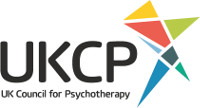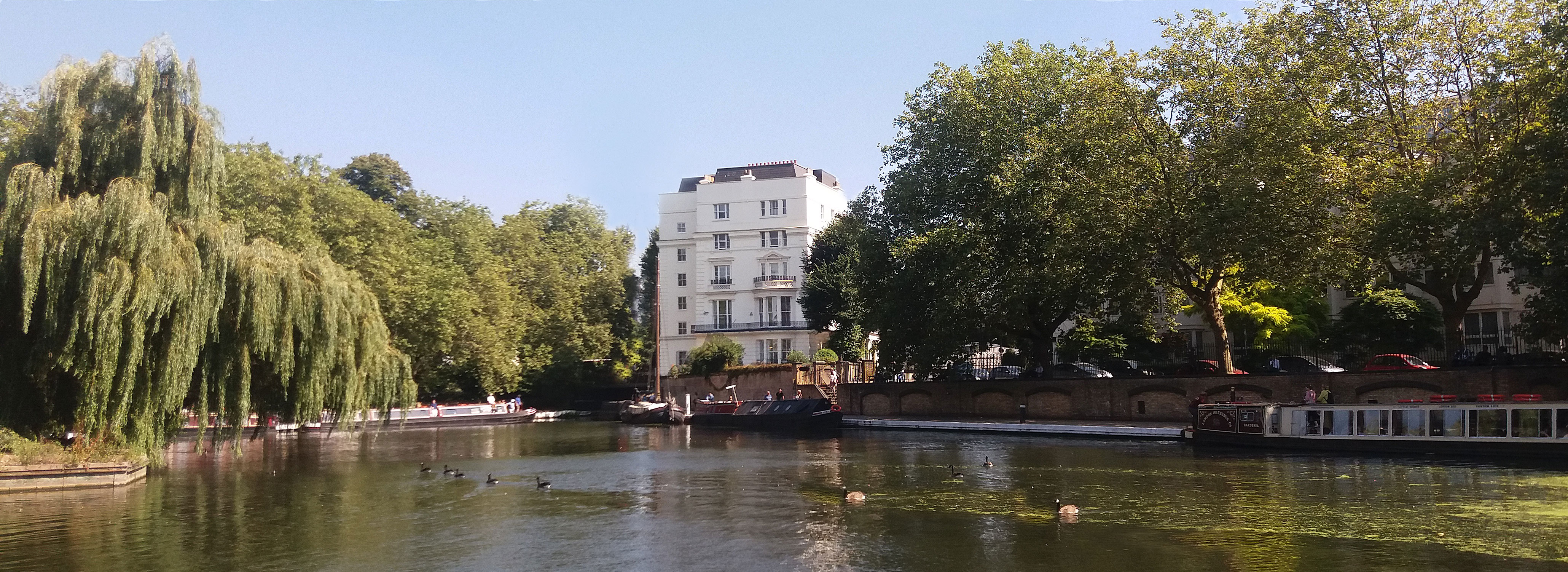Key information 2026
| Duration | One year of taught elements - 2 years to complete all the training requirements including placement hours. During the 2-years you will be a Trainee Recognised Supervisor (TRS) and automatically be added to the CCPE Approved Supervision Directory for placement work |
| Cost 2026* | £2750 (including a non-refundable deposit of £200) |
| Award | Diploma in Supervision (HIPC/UKCP Recognised/Approved) |
| Course Dates | Weekend 1: 7, 8 & 9th February Weekend 2: 14 & 15th March Day 1 (of 2): 24th April Weekend 3: 16, 17 & 18th May Day 2 (of 2): 29th May Weekend 4: 20th & 21st June Weekend 5: 5 & 6th September Weekend 6: 17, 18 & 19th October |
| Next steps and interview process | Please contact danielle@ccpe.org.uk for any course related enquires. To apply for the course, please message admissions@ccpe.org.uk for an interview pack, which will include an application form and request for supporting information. Once submitted there will be an interview and the cost for this will be £60. |
Additional costs to consider:
*The course fees do not include the following costs:
- Initial interview fee before applying for the course £60
- Supervision with an RTS during the diploma, at ratio of 1:4 on both group and placement hours
- Books and (Optional) non-refundable fee to join CCPE’s library (2026 fee is £10)
- Insurance to practice both as a supervisor and a psychotherapist - - - Four one-day DSM-5 seminars (only applicable for therapists who haven’t had a DSM training as part of their core training). Costs in 2025 - £85
Course Overview 2026
Introduction
An integrative, transpersonal HIPC and UKCP approved part-time supervision training offered over six weekends with two standalone Fridays in 2026.
The course will guide trainee supervisors through the transition from therapist to supervisor with key transpersonal and integrative teachings as well as live supervision practice opportunities along the way. The first year will involve weekend teachings and the beginning of your practicum placement work incorporating both individuals and group supervision experience. Live supervision practice sessions will be offered in an open and transpersonal setting facilitated by expert teachers.
In the second year, you will finalise your placement hours and submit a written essay to encapsulate your learning and to conclude the diploma.
Upon successful completion of the taught elements and placement hours and after two years as a Trainee Recognised Supervisor (TRS), you will have the option to transition to becoming a CCPE/UKCP Recognised Supervisor (RS), and will retain approved status with both CCPE and UKCP via the respective directories.
For BACP and other regulatory body trainees, the HIPC/UKCP approved Diploma in Supervision offers extensive recognition, ensuring that the training standards are transferable to a variety of settings, including charities and workplaces such as the NHS. This diploma provides a comprehensive foundation that is both relevant and applicable, allowing graduates to effectively apply their skills across diverse professional environments.
Aims
- To enable participants to gain a sound knowledge of the theory and practice of supervision from a transpersonal integrative perspective so they are able to supervise trainees and practising professionals, either individually or in groups.
- To enable participants to enhance their own psychotherapeutic work with clients by developing a reflective internal supervisor.
- To facilitate a deeper inquiry into the participants’ own spiritual and personal unfoldment and enhance their knowledge of the transpersonal integrative perspective.
Entry requirements
- Diploma in Counselling and Psychotherapy or equivalent
- All candidates must be currently practising psychotherapy
- Three years clinical experience or 600 clinical hours post accreditation (date range includes the first year of the Supervision Diploma)
- All candidates must have either UKCP, BACP or BPS accreditation
- Reference from long term/current supervisor
- Interest in the transpersonal perspective
- Knowledge of the DSM-5. Participants who have no previous training in the DSM-5 must attend four CCPE DMS-5 lectures.
Course design
Weekend 1 - Introduction to the Art of Supervision (x 3 days)
7, 8 & 9 February 10 am - 5 pm (Monday to finish by 4 pm)
Beginning of the diploma and orientation for the new cohort. Exploring the transition from therapist to supervisor. What does it mean to be in supervision and to supervise? We will discuss the value and origins of awareness and knowledge gained through supervision, as well as our own experiences: the good, the bad, and the challenging.
The tasks of supervision, including contracting and establishing relationships. An introduction to both individual and group work, alongside the ethics of supervision; fixed parameters, including safety and risk, as well as discussions around dilemmas and difficulties.
Power dynamics and working with difference will be explored. Introductions to core supervision theories will be provided, along with an overview of what it means to facilitate spiritual supervision. Weekend facilitation will be taught experientially and through discussions.
Weekend 2 - Exploration into The Seven-Eyed Model and Spiritual Lenses in Supervision (x 2 days)
14 & 15 March 10 am - 5 pm (Sunday to finish by 4 pm)
In-depth exploration of the seven-eyed supervision model set within CCPE transpersonal teachings.
Day 1 (of 2) - Live Individual Supervision Practice Sessions
Friday, 24 April 10 am - 4 pm
Live individual supervision sessions begin. TRS supervisors will have the opportunity to explore the different roles within supervision: the supervisee, the supervisor, and the observer. Viewing what arises in supervision also from the seven-eyed model lenses, as well as integrative and transpersonal viewpoints. The practice sessions will offer the opportunity to see emerging styles for supervision practice and, with that, areas to develop. Facilitation and feedback will be delivered in a creative and transpersonally attuned setting, with growth and support for the trainee’s progression at the heart.
Weekend 3 - Bringing to Life the Art of Integrative, Spiritual Supervision (x 3 days)
16, 17 & 18 May 10 am - 5 pm (Monday to finish by 4 pm)
A 3-day weekend of experiential supervision work looking at what unfolds in the space. Group and individual sessions with experienced facilitators.
Day 1 – Humanistic Lenses, Transpersonal, Relational Attunement
Day 2 - Movement, Group Constellation, and Imagery, Drawing
Day 3 - Meditation, The Elements Model, and Sandtray Work
Day 2 (of 2) - Live Individual Supervision Practice Sessions
Friday, 29 May 10 am - 4 pm
Live individual supervision sessions begin. TRS supervisors will have the opportunity to explore the different roles within supervision: the supervisee, the supervisor, and the observer. Viewing what arises in supervision from the seven-eyed model lenses and integrative and transpersonal viewpoints. The practice sessions will offer the chance to see emerging styles for supervision practice and areas to develop. Facilitation and feedback will be delivered in a creative and transpersonally attuned setting, with growth and support for the trainee’s progression at the heart.
Weekend 4 – The Transpersonal Self (x 2 days)
20 & 21 June 10 am - 5 pm (Sunday to finish by 4 pm)
An experiential exploration of the transpersonal model of Self as emerging supervisor. The trainee will be guided in unveiling the deep potential within and, in doing so, work with barriers that present. Expertly facilitated and delivered through sculpting and transpersonal, creative techniques.
Weekend 5 - Understanding & Working with Group and Organisational Dynamics
5 & 6 September 10 am - 5 pm (Sunday to finish by 4 pm)
Exploration of group and organisational dynamics relevant to group supervision. Theoretical perspectives will be offered, and vignettes explored.
Weekend 6 - Live Group Supervision Practice Sessions with Group Ending
17 & 18 October 10 am - 5 pm (finish time TBC)
Group supervision practice weekend. TRS supervisors will have the opportunity to explore and practice the facilitation of group supervision with peers in a fishbowl setting. The practice sessions will offer the chance to see emerging styles for group supervision practice and areas to develop. Facilitation and feedback will be delivered in a creative and transpersonally attuned setting, with growth and support for the trainee’s progression at the heart.
Diploma Cost: £2,750.00
Additional Course Requirements
Placement hours - 50 hours, of which a minimum of 20 need to be with groups for group supervision. Placement lists of available charities open to CCPE trainee supervisors will be shared. Trainee supervisors may also work with CCPE students to accrue their individual placement hours.
Written work - 5,000-word essay incorporating theory, process, and practices as a trainee supervisor. Full details and essay title will be published in Supervision Diploma Handbook.
Please contact Danielle for further information. We look forward to hearing from you.
Danielle Slater - Supervision Diploma Course Director - danielle@ccpe.org.uk
N.B. Please note that while CCPE aims to keep to the dates and content outlined above, there may be instances where adjustments are made. We will communicate any changes promptly and give prior notice when this is the case.
Training Staff
Danielle Slater – Course Director /Supervision Facilitator
M.A. Dipls. Psych. Supvn.
Shaun Goodwin – Weekend Facilitator /Supervision Facilitator
M.A. Dipls. Psych. Supvn. Sand.
Cory Dobb – Weekend Facilitator
M.A. (Cantab), Dipls. Psych, Adv. Psych & Supvn.
Rina Malin – Weekend Facilitator
M.A., Dipls, Psych, Adv Psych. Supvn
Richard Stewart – Weekend Facilitator
B.A. (Hons), Dipls. Psych. Supvn, Adv. Psych.
Susie Sanders – Weekend Facilitator
M.A.,B.A.(Hons.),M.Sc.,Dipls.Psych.,Supvn & Adv.Psych. MInst GA
Please note: All content may be subject to change.
CCPE equal opportunities policy
CCPE promotes equal opportunities for students, clients and staff. CCPE is committed to a policy and practice where students' admission and assessment on the course will be determined only by personal merit and performance. No applicant as a student or for a staff appointment will be treated less favourably than another. CCPE does not discriminate on the grounds of nationality, race, gender, sexual orientation, age, social class, disability, political, religious or spiritual persuasion or practice. CCPE promotes an Equal Opportunities and a Diversity Policy where students, staff and graduates recognise, respect and value the dignity and diversity of others. This statement also applies to all client practice.


